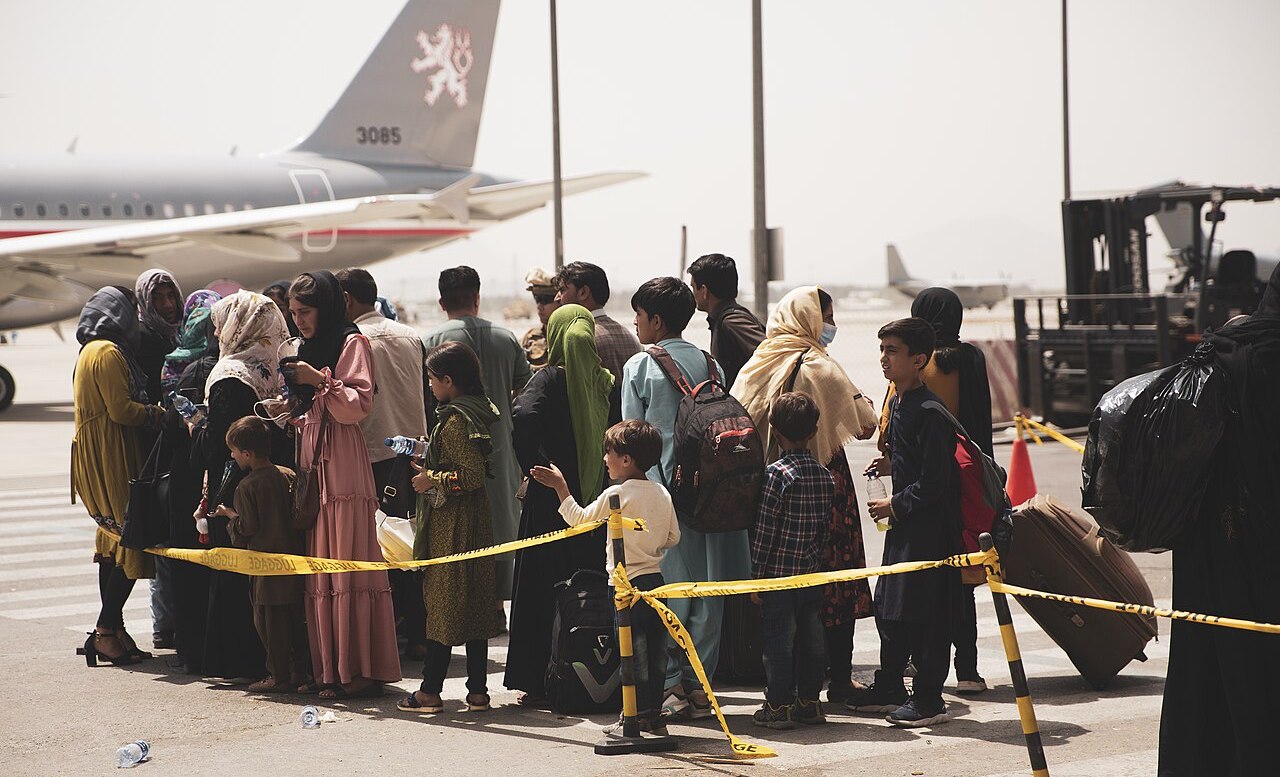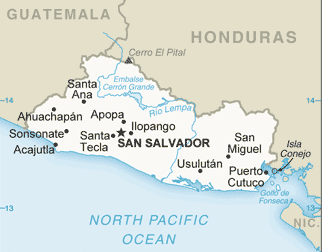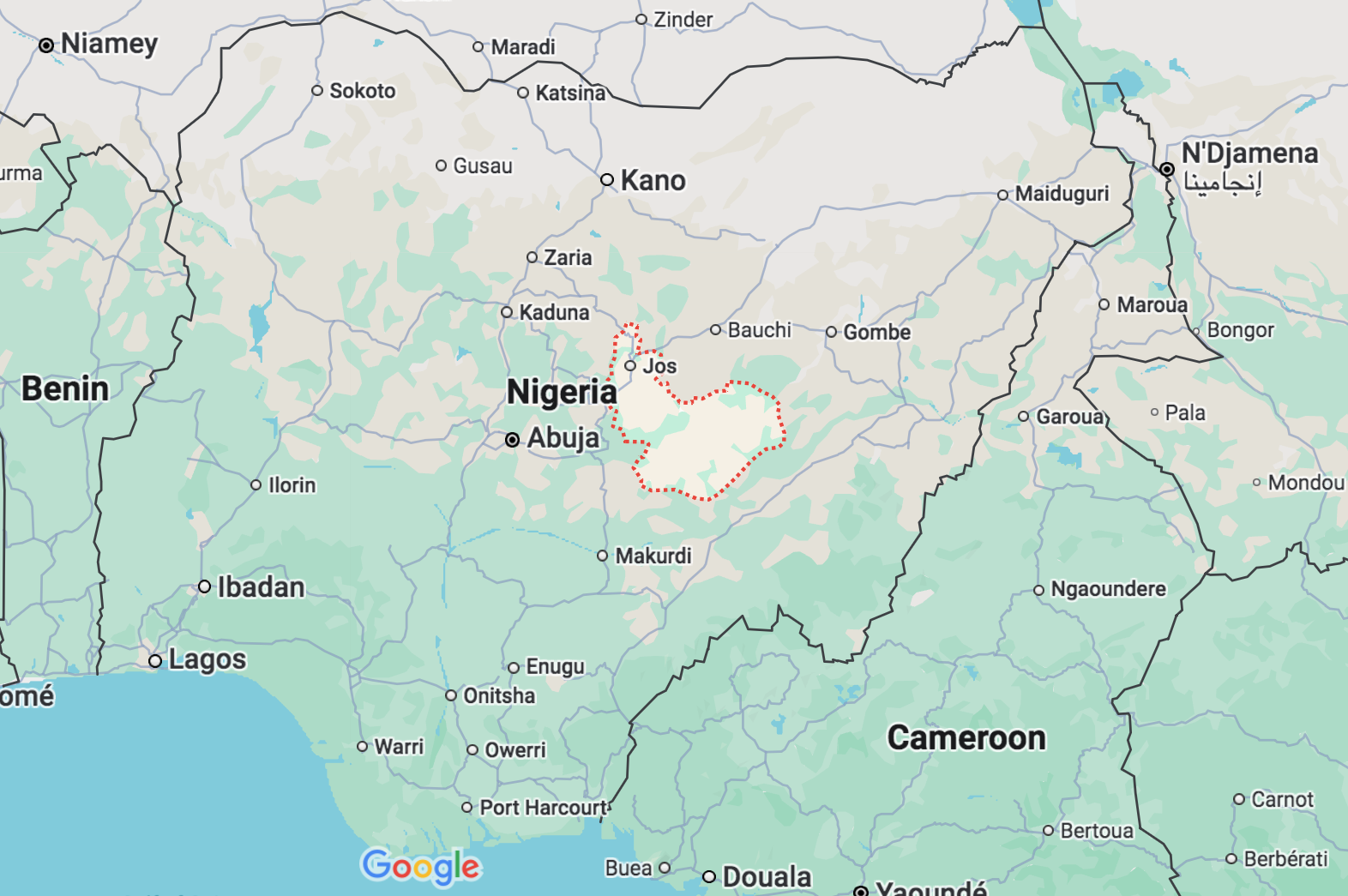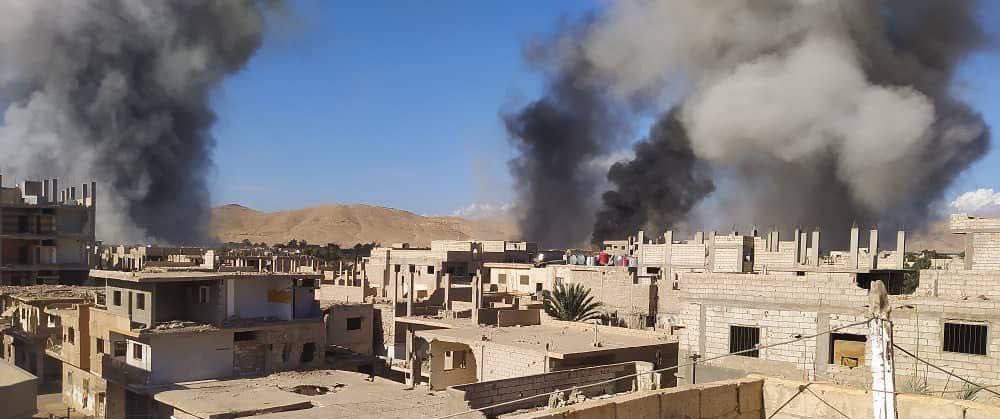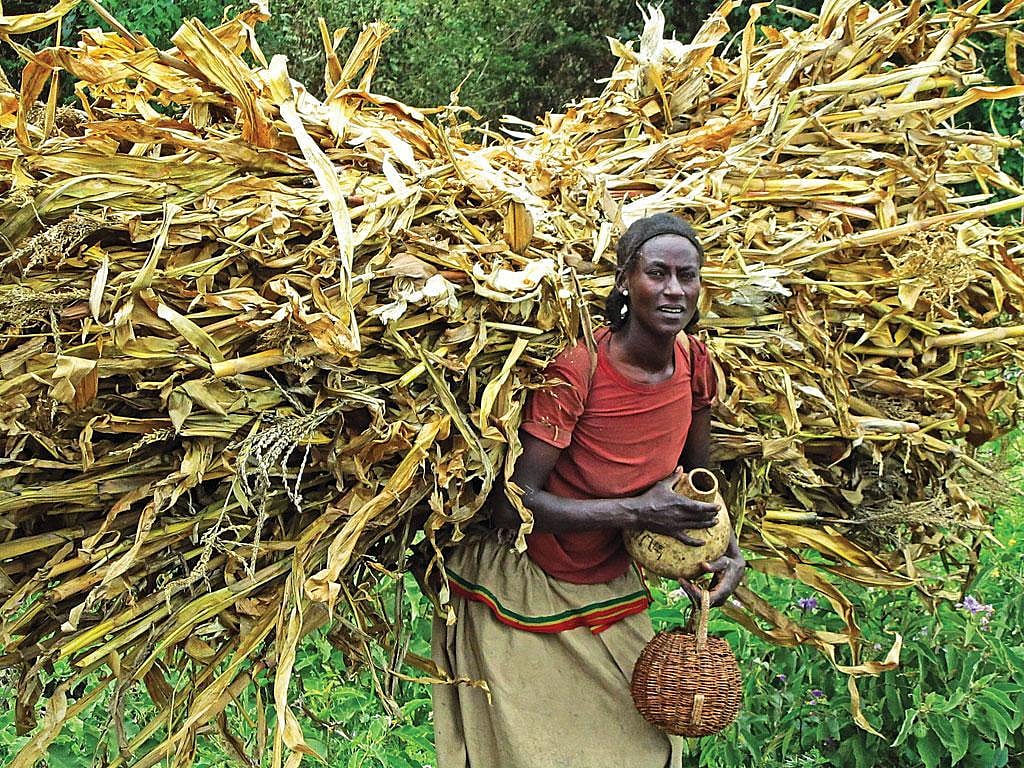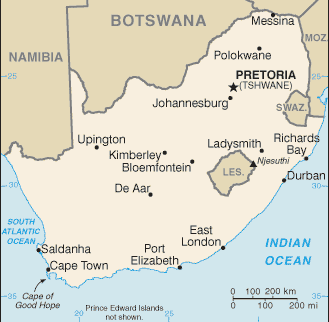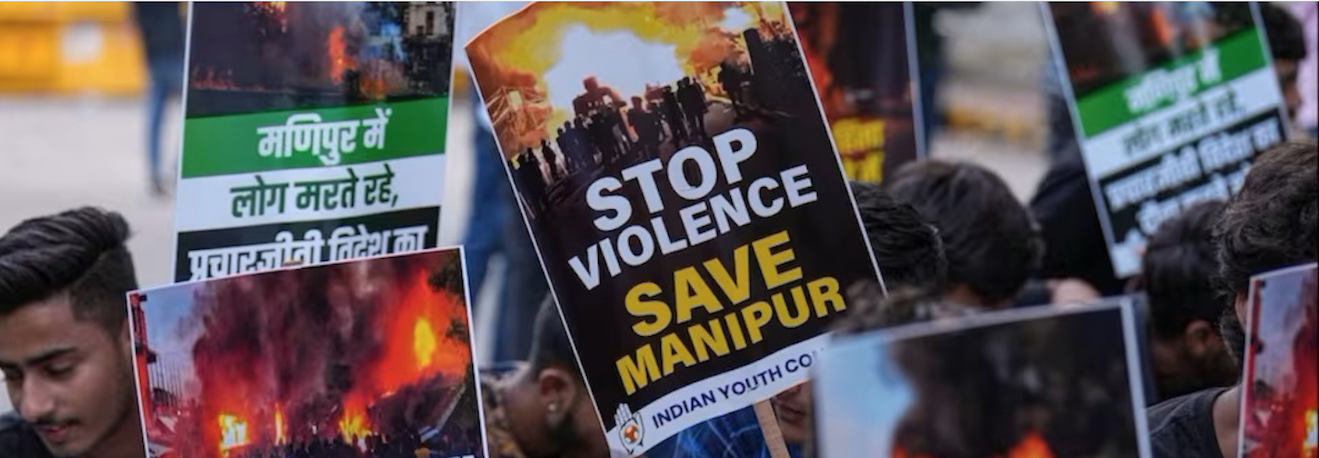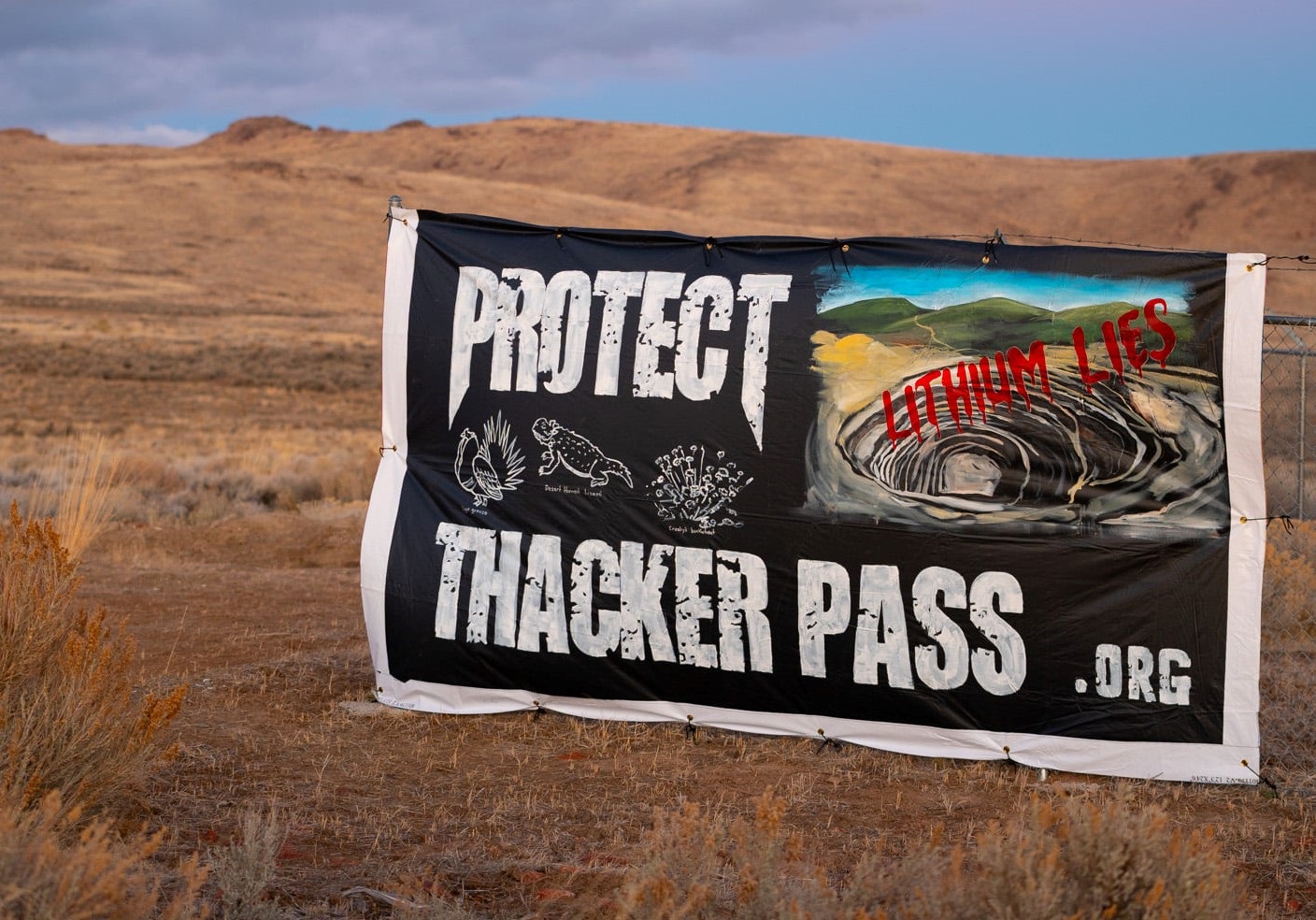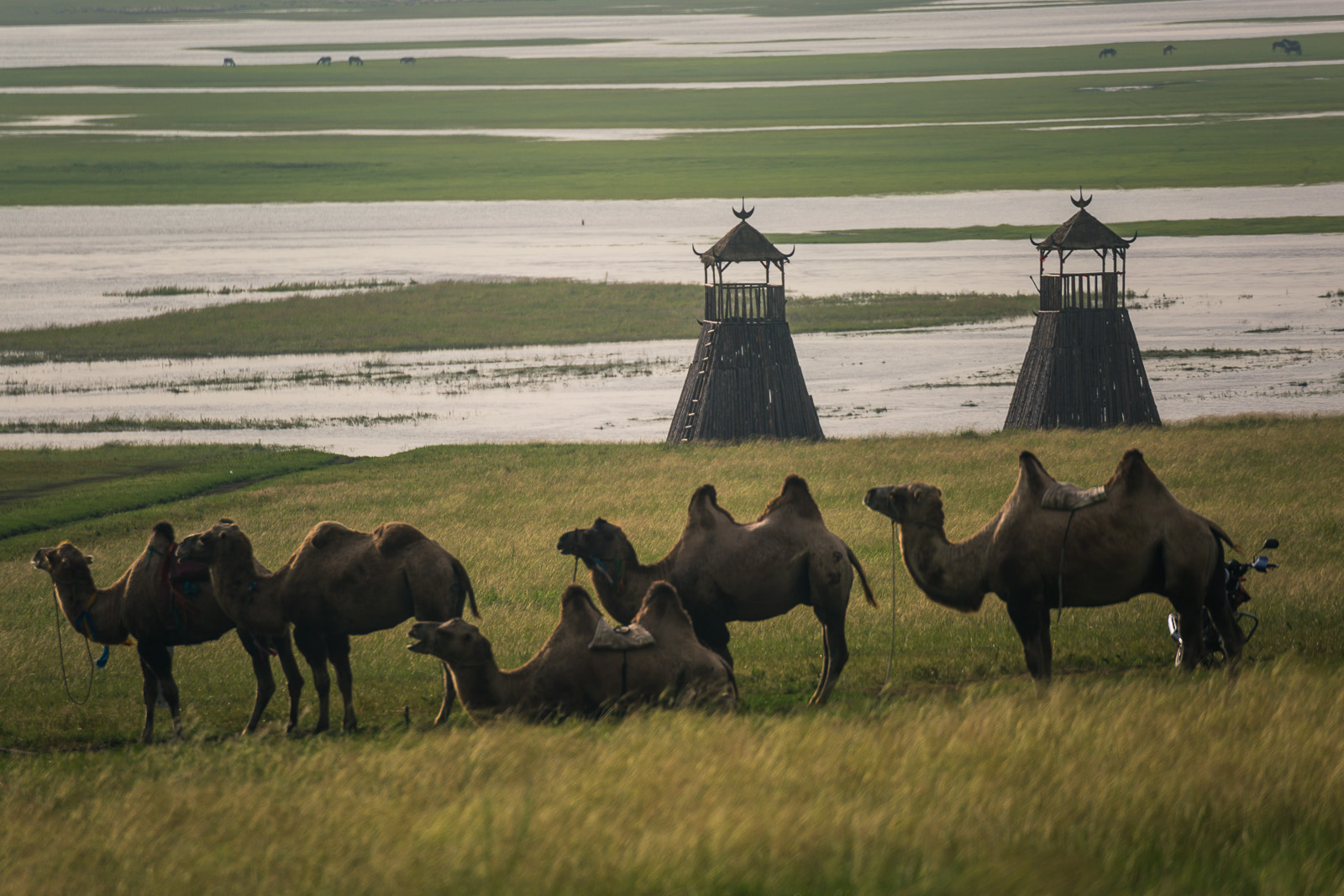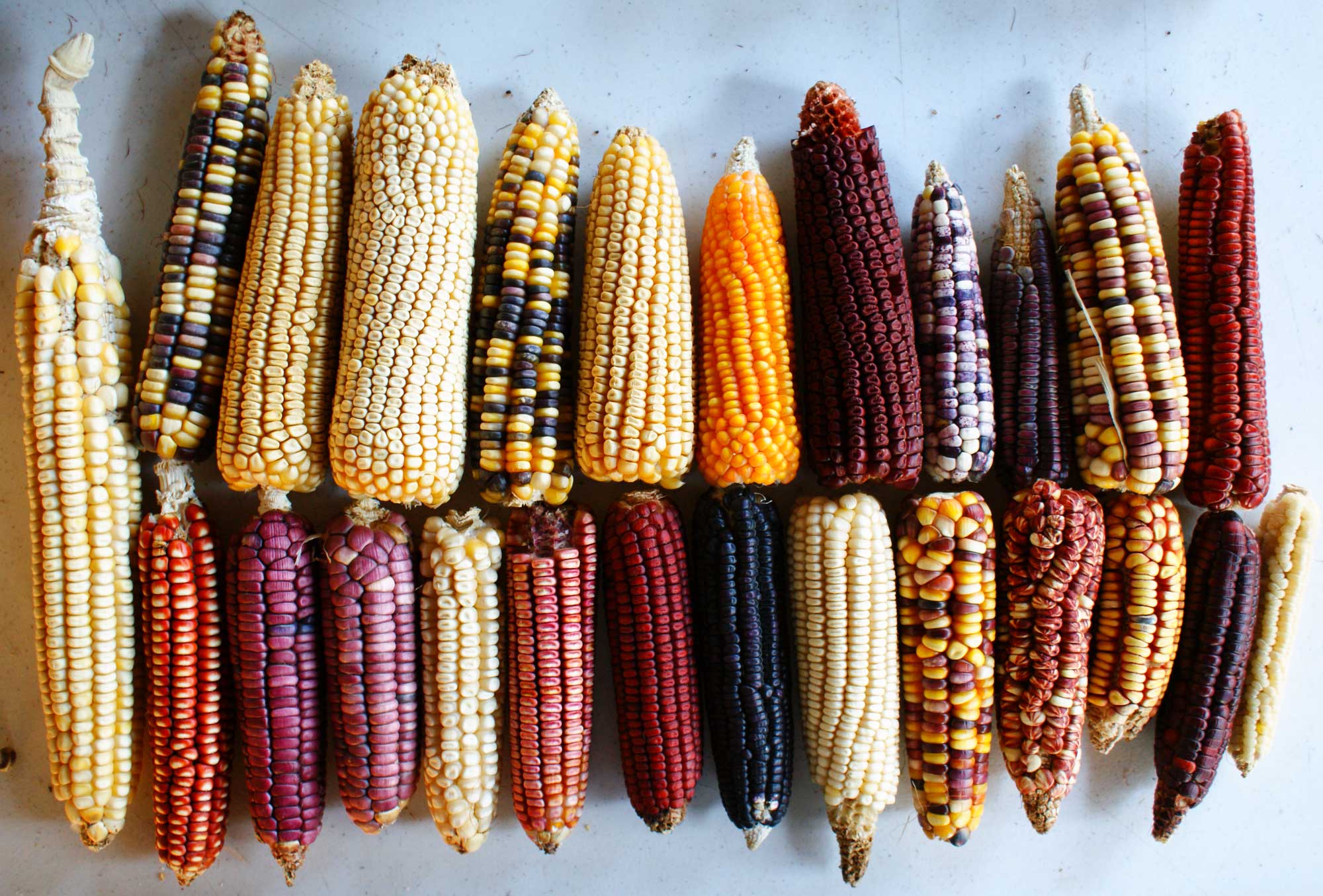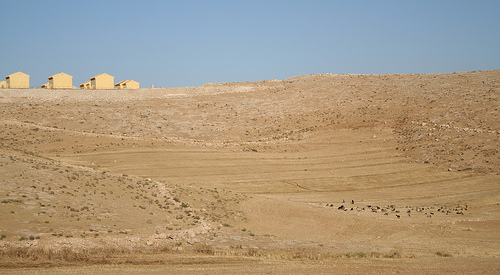
Israel again expands West Bank settlements
The Israeli government announced the establishment of 22 new settlements in the illegally occupied West Bank—including the recognition and expansion of several already existing “wildcat” outposts, built without government permission. Defense Minister Israel Katz said that building the settlements was “a strategic move that prevents the establishment of a Palestinian state that would endanger Israel.” The announcement comes amid expanding Israeli military operations and settler violence on the West Bank, and open calls from Israeli officials—including cabinet members such as Finance Minister Bezalel Smotrich—to annex the territory. (Photo: delayed gratification via New Jewish Resistance)



